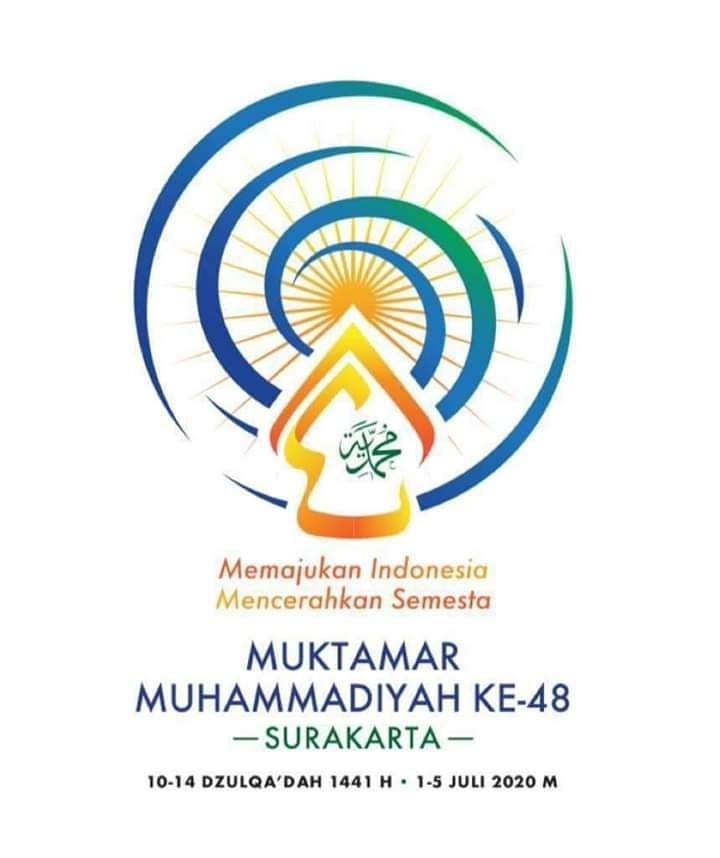MUHAMMADIYAH.ID - BANGKOK - Emergency Medical Teams (EMT) Global Meeting 2019 is a triennial meeting organized by World Health Organization (WHO). This year the meeting was conducted at Royal Orchid Sheraton Hotel, Bangkok on 12-14 June 2019 and attended by 90 countries and six regional global representatives (Africa, America, Europe, Eastern Mediterranean, South-East, and Western Pacific.
Indonesia was represented by dr. Alghazali from Health Crisis Center of Ministry of Health, dr. Surwardana from the Indonesia Military (TNI), Istiana from the Indonesian Red Cross (PMI), dr. Corona Rintawan, Sp.EM who is a coordinator of EMT Muhammadiyah and from Muhammadiyah Disaster Management Center (MDMC), and M. Abdoel Malik R. who is Deputy Secretary of MDMC for Partnership and Global Humanity Affairs.
At the meeting, the MDMC was required to share thoughts of health services in a complex situation and armed conflict.
dr. Corona presented that Muhammadiyah has experiences in providing health services in conflicts as what occurred in Sampang, Madura, Lampung.
“Muhamamdiyah possesses a procedure to cope with mass casualties of a conflict of riot,” told dr. Corona.
Besides, Muhammadiyah’s global humanitarian services are offered through a number of programs as MuhammadiyahAID led by Office of Foreign Relations of the Central Board of Muhamadiyah together with the MDMC, Lazismu, and other related Muhammadiyah offices.
Meanwhile, Malik informed it has been 100 years that Muhammadiyah has contributed to respond disasters and social conflict. Muhammadiyah firstly gave the contribution to Indonesia to resolve the issues in 1919.
“We have developed an idea of rahmatan lil ‘alamin (a mercy to the worlds) by entailing the basis in Asia regions through humanitarian services in emergency situations in Malaysia, the Philippines, Nepal, Bangladesh and Palestine," Malik asserted on Wednesday (6/12).
Additionally, Manager of EMT of WHO dr. Ian Norton stated that Thailand was selected as the host since Thailand successfully united clinical aspects and public health as well as became a role model for other regions.
“We have to forget political matters first and prioritize humanity. In an emergency response to clinical management and health services, a good intention is not enough. The meeting was addressed to discus health service principles, standards, and quality,” mentioned dr. Ian.


